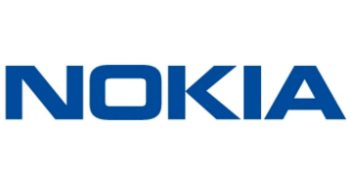Nokia, the world’s leading maker of mobile phones until two years ago, is set to close on the sale of its device unit to Microsoft on April 25. The company first aligned itself with Microsoft in 2011, abandoning its Symbian smartphone operating system for Windows, under the leadership of former Microsoft executive Stephen Elop. Now Elop is returning to Microsoft along with the rest of Nokia’s device business. Elop will reportedly manage games and hardware for the software giant.
Microsoft is paying $7.2 billion for Nokia’s device business, which includes its Lumia line of Windows phones and tablets as well as its large feature phone business. The companies said that roughly one-third of Nokia’s workforce of 90,000 will transfer to Microsoft. Of the 32,000 employees moving to Microsoft, about 4,700 will remain in Finland.
Nokia has one of the mobile industry’s richest patent portfolios, and it is not selling those patents to Microsoft. Instead, it will continue to license the patents to Microsoft. The deal terms call for a non-exclusive patent licensing arrangement, meaning that other companies can continue to license Nokia’s patents as well. Those other companies are thought to have held up the closing of this deal, which was initially set to close last month.
Google and Samsung in particular are said to have pressured Chinese regulators to limit the amounts that Nokia can charge for patent licenses going forward. In the past, other device makers had leverage with Nokia because they could strike cross-licensing agreements. Nokia used other companies’ patents in its own smartphone designs. Now that Nokia is exiting that business, it will not need device-related patents from competitors. Apparently those competitors were worried that Nokia would increase the licensing fees for its patents. Nokia has said that licensing revenue will increase significantly after the Microsoft deal closes.
Going forward, Nokia’s primary business will be Nokia Solutions and Networks, its network infrastructure business. That unit has been hit hard by the global economic downturn and by price competition from Huawei and ZTE. In the fourth quarter, NSN reported a 22% slide in sales and a 39% dip in earnings compared to the year-ago quarter. The business earned $476 million on sales of $4.23 billion.
NSN has won LTE contracts with Sprint, China Mobile and China Telecom. In the United States, NSN will reportedly supply Sprint with Flexi Multiradio 10 base stations, which support LTE-Advanced. Its contract with Sprint is part of the company’s Sprint Spark initiative.
Follow me on Twitter.

